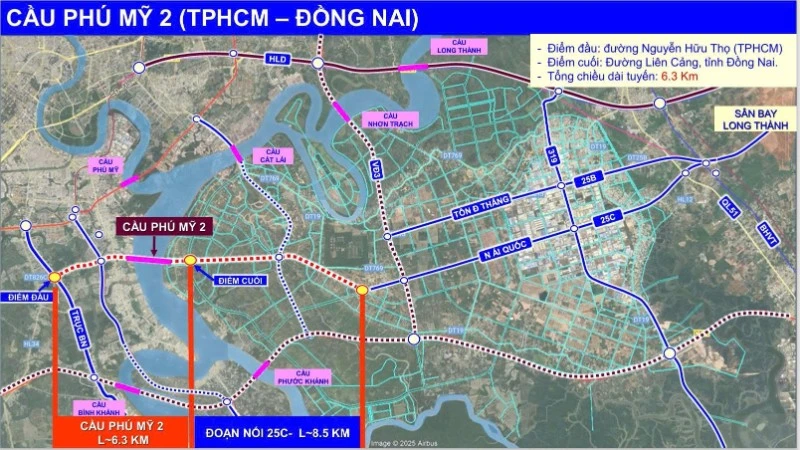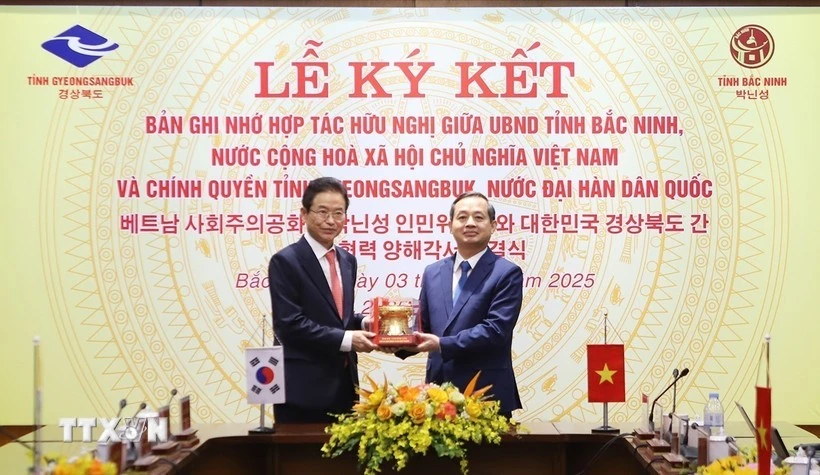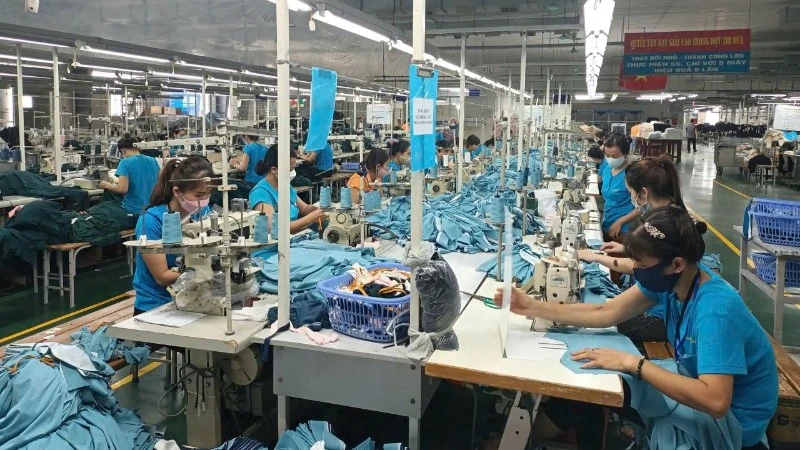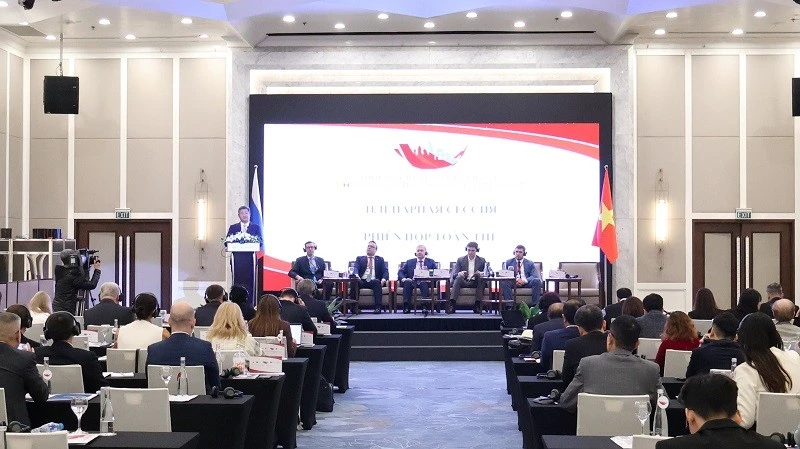False advertising – the dark side of the digital space
In the booming digital era, as e-commerce continues to thrive, social media influencers have become vital “bridges” between brands and consumers. Through product promotions, experience sharing, and reviews, they help businesses enhance marketing efficiency, expand markets, reach target customers quickly, and optimise profits.
However, experts warn that as online promotional activities grow more widespread and complex, the boundaries between personal sharing, objective review, and paid advertising are increasingly blurred. Many influencers exaggerate product effectiveness, provide misleading information, or promote goods of unclear origin, causing harm to consumers and damaging brand reputation.
According to the 2024 report by the Viet Nam Competition and Consumer Protection Authority (Ministry of Industry and Trade), there were 1,218 official complaints related to misleading advertisements — 32% concerning cosmetics and healthcare products, and 28% involving online financial investment services. The Digital 2024 Viet Nam report (We Are Social & Meltwater, 2024) revealed that Vietnamese users spend an average of 2 hours and 31 minutes per day on social media, with 62.5% having encountered fake “review” ads or unverified information.
Legally, the revised Law on Consumer Rights Protection (2023) already includes provisions against misleading and deceptive advertising, and explicitly defines the responsibilities of influencers in commercial promotion. However, enforcement remains limited due to a lack of effective monitoring mechanisms, insufficient penalties, and weak “media risk awareness” among digital citizens.
Explaining this phenomenon, Senior Lieutenant Colonel Dr Dao Trung Hieu, a criminology expert, noted that consumer behaviour online is often driven more by emotional trust than rational trust. He emphasised that false advertising has evolved from a breach of business ethics into a complex socio-criminological issue that not only causes economic losses but also erodes public trust — the foundation of economic security and social order.
Establishing a robust legal framework and transparent monitoring system
In Viet Nam, several key legal documents have been issued, including the Law on Advertising (2012), the Law on Consumer Rights Protection (2023), and Decree No. 38/2021/NĐ-CP on administrative penalties in the fields of culture and advertising. However, these regulations have yet to fully address the unique characteristics of the cross-border digital media environment.
Dr Nguyen Duc Tai, Director of the Institute for the Application of Science, Technology and Law, observed that Viet Nam currently lacks a Code of Conduct specifically for social media influencers, as well as any professional certification system to ensure quality and ethics. There is also no effective mechanism to handle fraud or technical tools for real-time monitoring. He warned that fraudulent sales practices by online influencers highlight the urgent need for a strong legal framework and a transparent oversight system to protect the market, consumers, and even the industry itself.
To strengthen oversight in the digital space, Senior Lieutenant Colonel Dr Dao Trung Hieu proposed introducing both pre-inspection and post-inspection mechanisms for online advertising. At present, authorities act only after violations occur, allowing harmful content to spread widely before being stopped.
He called for stronger criminal deterrents against organised fraud, and for inter-agency guidelines to clearly distinguish between administrative violations and criminal deception in commerce. Finally, it is essential to impose clear accountability on influencers involved in advertising by introducing a registration mechanism and requiring public disclosure of promotional partnerships, thereby making it easier to trace responsibility in cases of violations.
According to Master of Laws Nguyen Hong Bach, President of the Institute for the Application of Science, Technology and Law, detailed regulations should be developed to define responsibilities, penalties, and joint liability in paid or sponsored advertising. Regulatory agencies could collaborate with industry associations to establish transparent evaluation criteria for influencer ethics, accountability, and social responsibility, forming a basis for supervision and management.
The fight against false advertising is a shared responsibility of the entire society. The Government and relevant authorities play a leading role in refining legislation, monitoring enforcement, and handling violations. When every link in society works together — violators are strictly punished by law, accomplices are condemned, and consumers become harder to deceive — the advertising environment will gradually become cleaner and healthier.
















